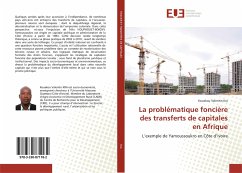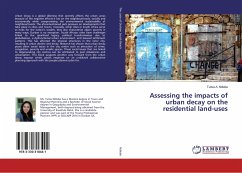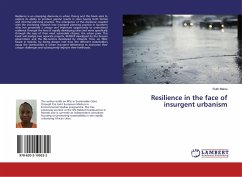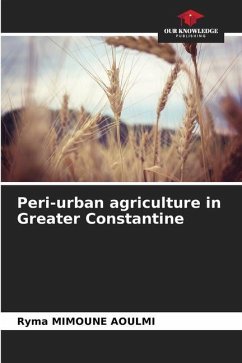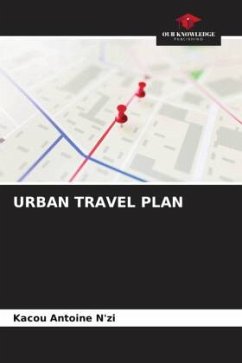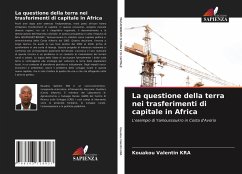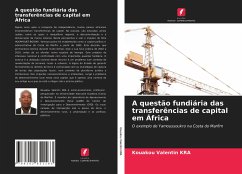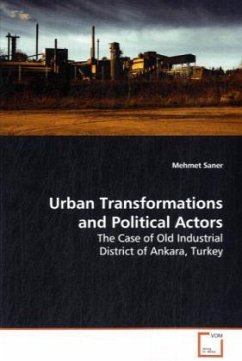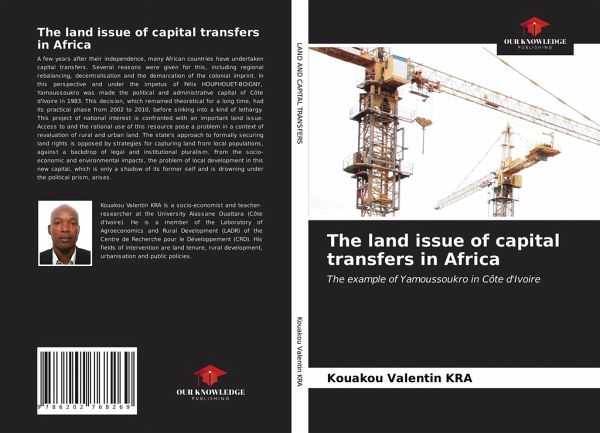
The land issue of capital transfers in Africa
The example of Yamoussoukro in Côte d'Ivoire
Versandkostenfrei!
Versandfertig in 6-10 Tagen
47,99 €
inkl. MwSt.

PAYBACK Punkte
24 °P sammeln!
A few years after their independence, many African countries have undertaken capital transfers. Several reasons were given for this, including regional rebalancing, decentralisation and the demarcation of the colonial imprint. In this perspective and under the impetus of Félix HOUPHOUET-BOIGNY, Yamoussoukro was made the political and administrative capital of Côte d'Ivoire in 1983. This decision, which remained theoretical for a long time, had its practical phase from 2002 to 2010, before sinking into a kind of lethargy. This project of national interest is confronted with an important land ...
A few years after their independence, many African countries have undertaken capital transfers. Several reasons were given for this, including regional rebalancing, decentralisation and the demarcation of the colonial imprint. In this perspective and under the impetus of Félix HOUPHOUET-BOIGNY, Yamoussoukro was made the political and administrative capital of Côte d'Ivoire in 1983. This decision, which remained theoretical for a long time, had its practical phase from 2002 to 2010, before sinking into a kind of lethargy. This project of national interest is confronted with an important land issue. Access to and the rational use of this resource pose a problem in a context of revaluation of rural and urban land. The state's approach to formally securing land rights is opposed by strategies for capturing land from local populations, against a backdrop of legal and institutional pluralism. From the socio-economic and environmental impacts, the problem of local development in this new capital, which is only a shadow of its former self and is drowning under the political prism, arises.



